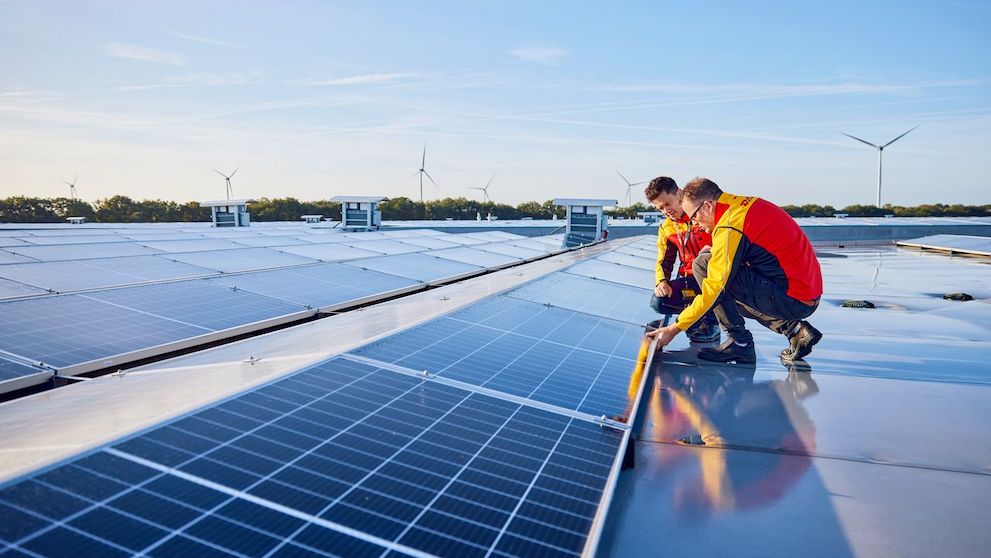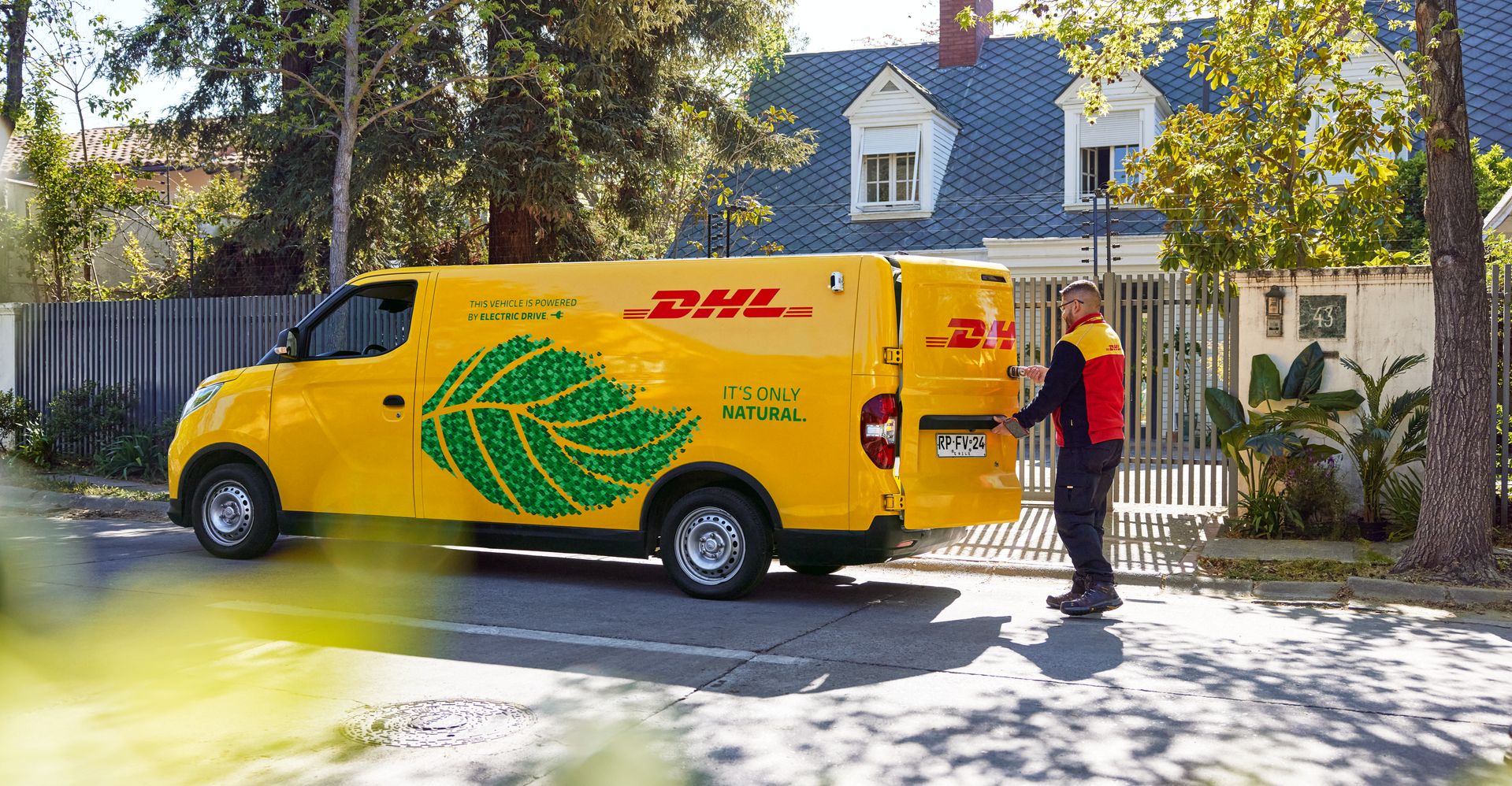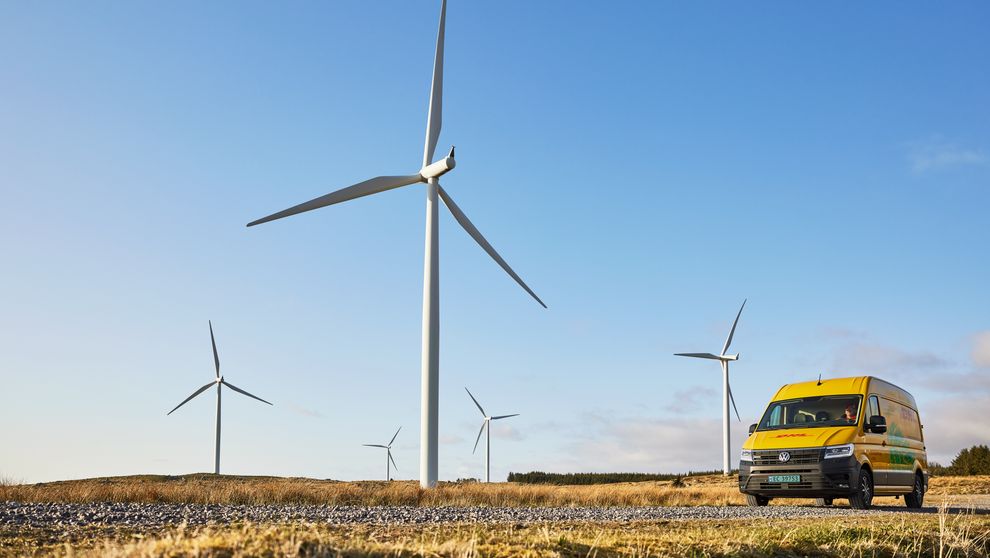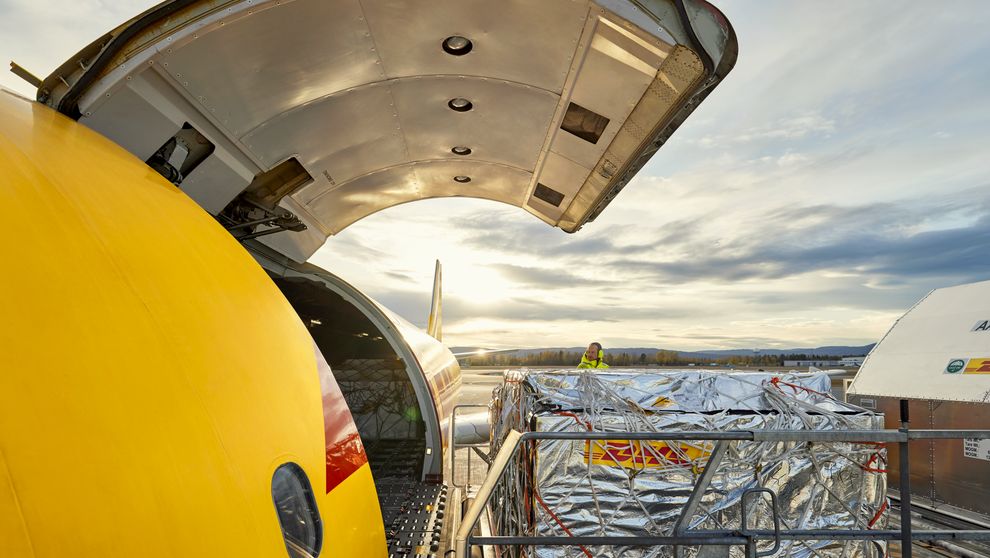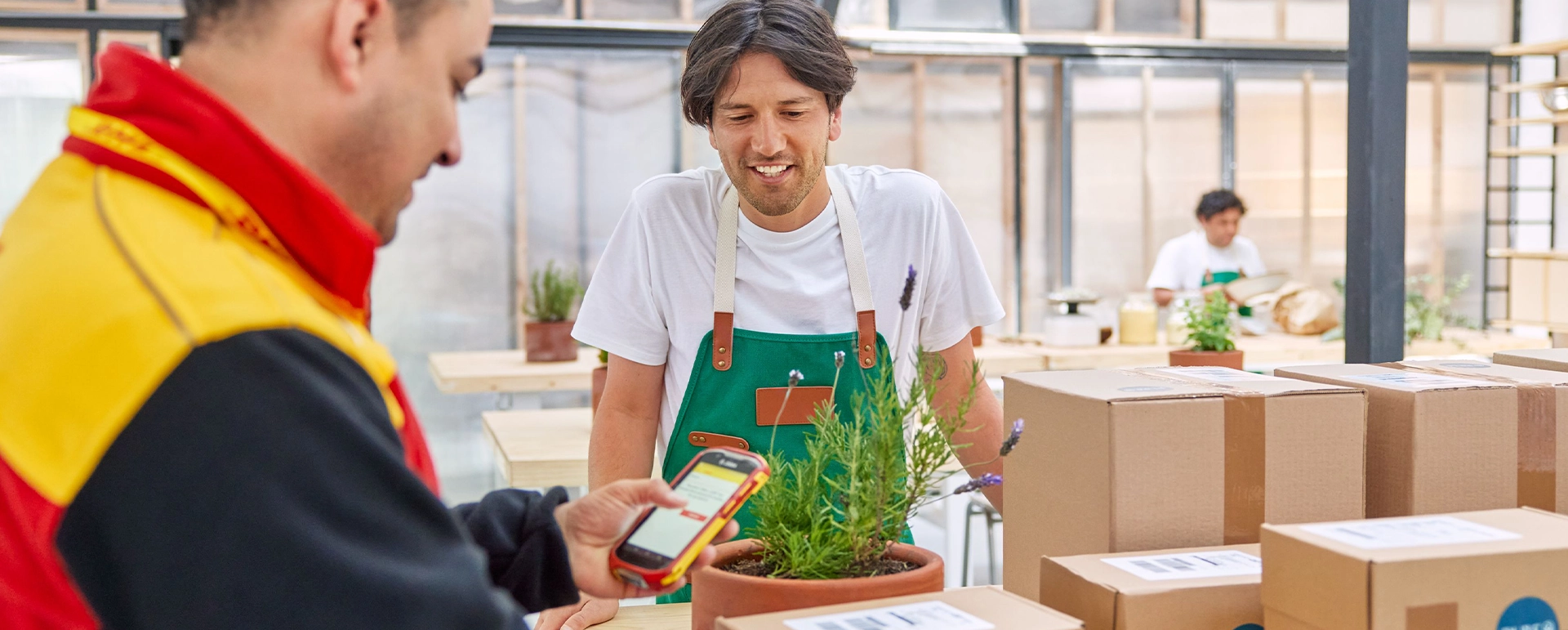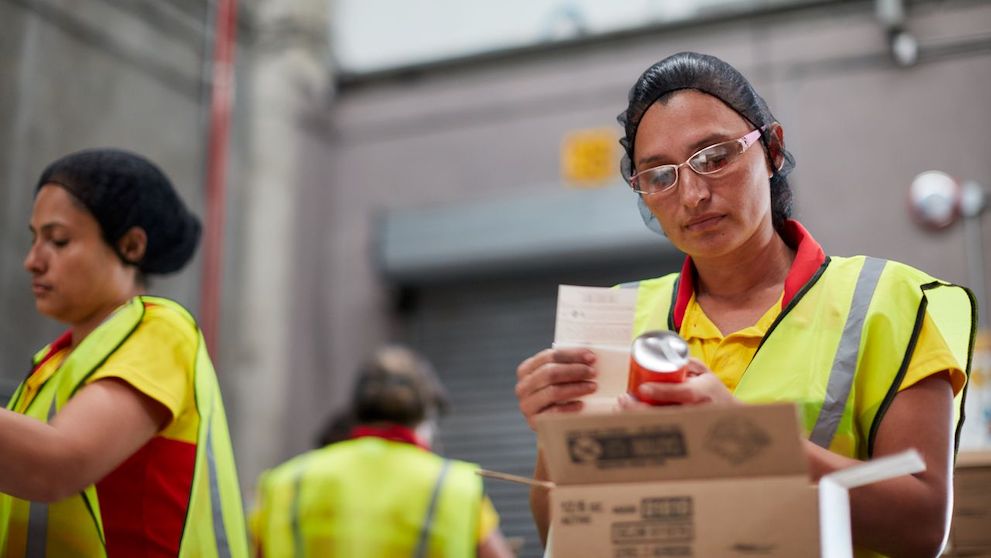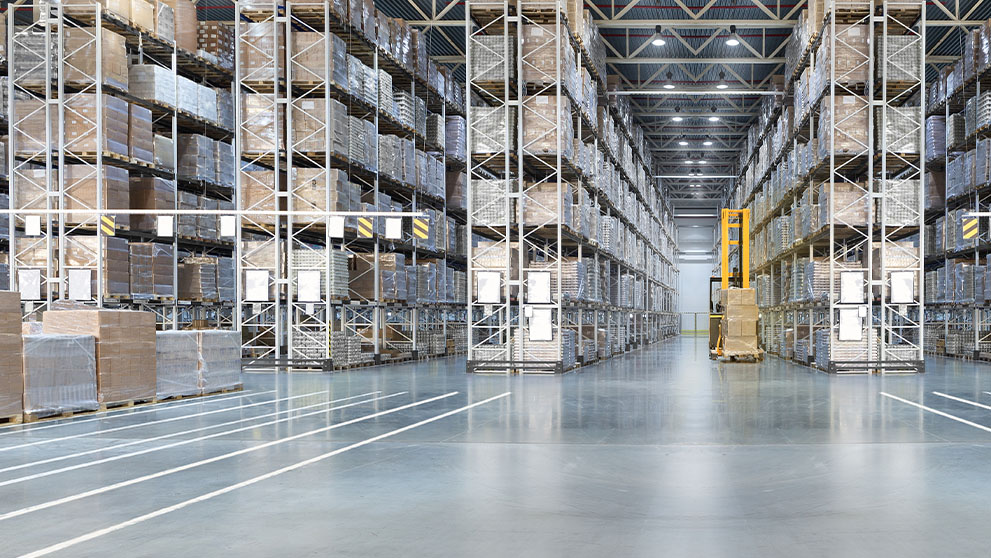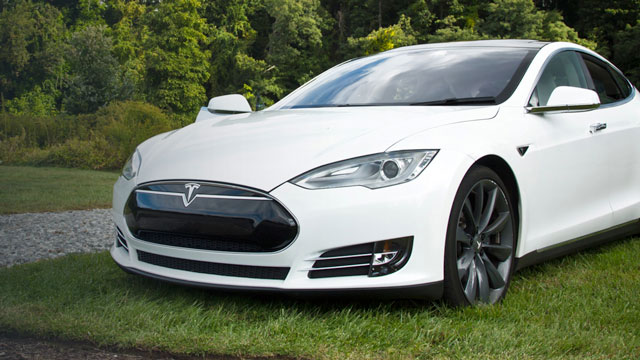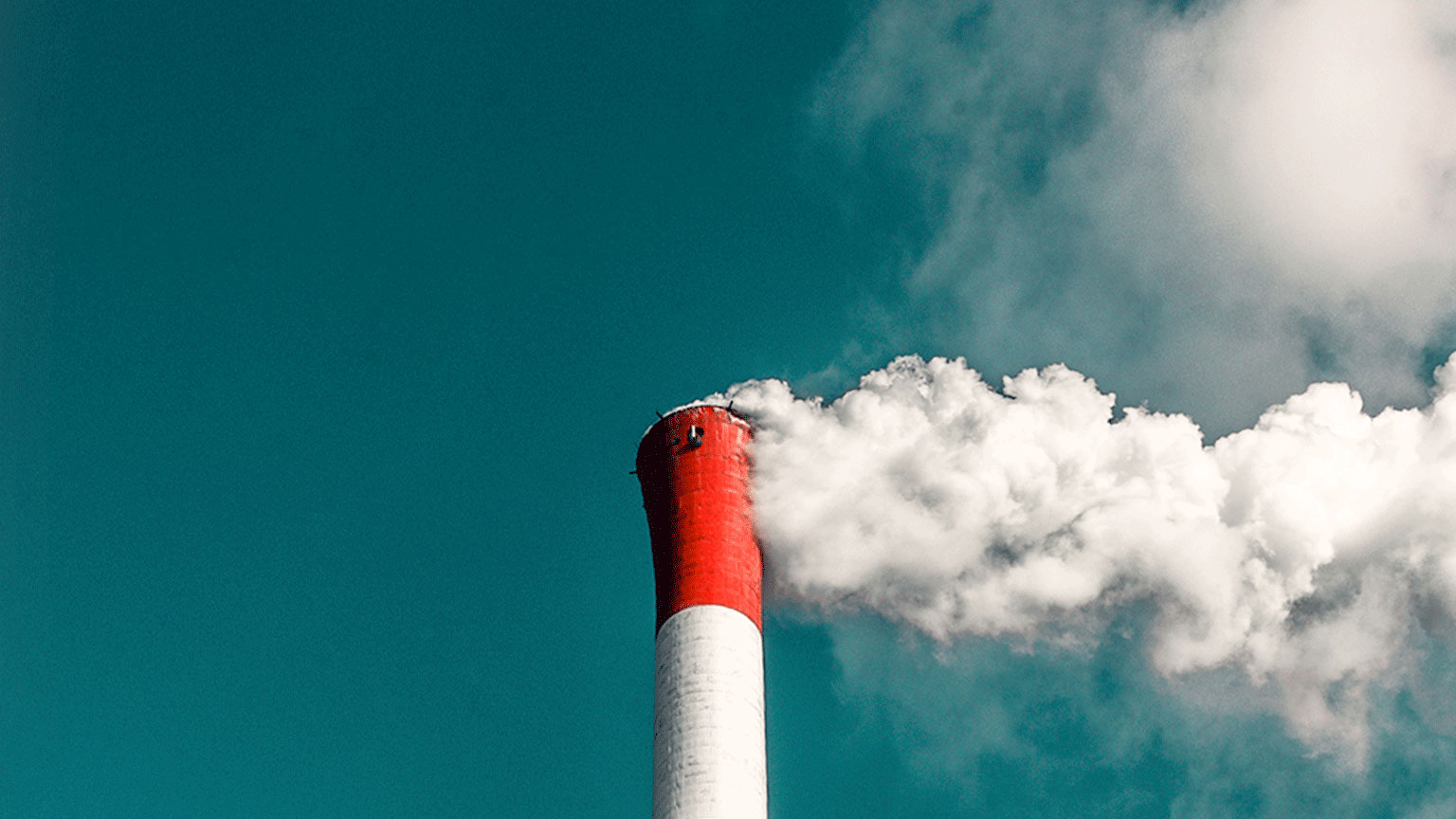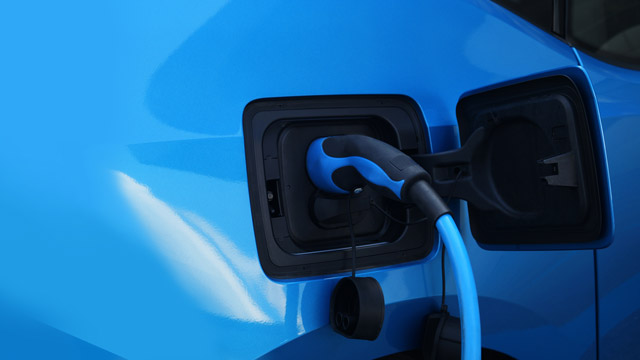Sustainable business practices are a priority for consumers, business leaders and governments. This focus has shaped consumer purchasing behaviour, the cost of renewable energy, and the technology being adopted by industry. Here’s a list of top social and environmental sustainability trends to watch out for.
Australians are seeing the effects of climate change more recently than in preceding decades. Extreme weather, such as a greater frequency of bushfires and coral bleaching in the Great Barrier Reef, has made local businesses more sensitive towards how their actions impact the environment.
Companies worldwide are under pressure to meet profits without harming the environment. Sustainability is not achieved at the expense of profits but is, in fact, vital to be able to appeal to the consumers of today. 62% of executives believe a sustainable strategy is necessary to remain competitive.
Corporate sustainability comprises the three factors of environment, social and corporate governance (ESG), and through this, companies are evaluated on how conscientious they are. Businesses with higher ESG ratings outperform the market in medium and long term revenue, McKinsey & Company noted.
We chart the emerging environmental and social sustainability trends of 2022:
Sustainability trends for businesses
1. Consumers prioritising environmental sustainability
The Australian consumer market is more conscious about the products they buy, how they are sourced and the carbon footprint of their delivery journeys. 55% of shoppers surveyed make an attempt to purchase environmentally-friendly products, research by IRI concluded.
What this means is that businesses can no longer ignore sustainability as a factor when making key business decisions. This applies to the full product cycle from logistics decisions, like the third-party delivery company they engage, or branding ones, such as product packaging. By also ensuring that the supply chain partners they work with, such as raw material suppliers or retailers, also adopt sustainable practices – companies encourage and advocate for responsible business models.
2. Business leaders geared towards ESG principles
Corporations can no longer be only profit-driven, but instead, have to strive to be vehicles of change – business entities that exist to serve the entire community. Since COVID-19, company directors are spending more time considering ESG issues, Diligent Institute global research found. The interests of important stakeholders – employees, customers and local communities – are now front and centre.
The World Economic Forum’s Davos Manifesto states that, “the purpose of a company is to engage all its stakeholders in shared and sustained value creation.” And a significant majority (91%) of directors surveyed agreed with this statement. This indicates a shift of business priorities of top management, towards more environmentally and socially sustainable development.
3. Increased adoption of renewable energy helps reduce costs
The world is on a path to wean itself off fossil fuels. By 2025, renewables will overtake coal to become the largest electricity generation worldwide. This would supply a third of the world’s energy needs.
Fossil fuels, such as coal and gas, used to be the cheaper option for generating electricity. However, wider use of clean, renewable energy – like hydropower, wind and solar plants – has driven down costs of this power-generation method. In the last 10 years, these environmentally-sustainable renewable energy sources have become 70% more affordable than fossil fuels – making it the more cost-effective option. With more players entering the market and increased competition, prices of renewables are set to also decrease further – lending it a sustainability solution that is economical.
4. Reducing emissions through technology and carbon offsetting
The Australian government is investing in new and emerging technologies that will help to reduce emissions in a number of industries, such as manufacturing, industry and transport. The Future Fuels Package, worth AU$74.5 million, will aid businesses in transiting to using vehicles that are powered electrically or by hydrogen or bio-fuels – and are gentler on the environment.
Carbon offsetting efforts are also helpful in reducing overall emissions. This is where people or businesses invest in activity to balance out their carbon footprint. This could include a simple activity, like tree planting, or a more complex system of emissions trading, where companies have to buy permits to be allowed to lawfully emit pollutants.
DHL Express’ GoGreen Climate Neutral initiative offers a range of green products that help you do your part to minimise your carbon footprint as a business. One such green program allows you to offset your logistics emissions by investing in internationally-recognised climate protection projects.
Prioritising environmental sustainability with DHL Express
Global efforts to combat climate change and social injustice are gaining traction and sit at the top of the list of priorities. DHL Express is committed to making every aspect of its business sustainable and has a sustainability strategy in place to create lasting positive impact. Partner with us to ensure your shipping is carbon neutral.
